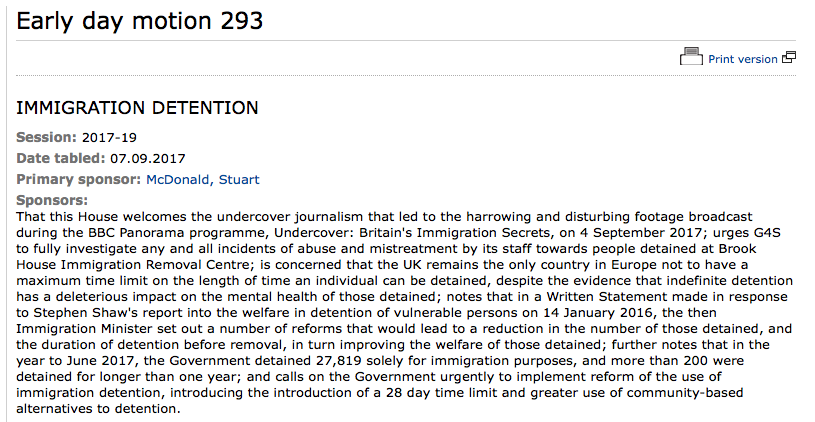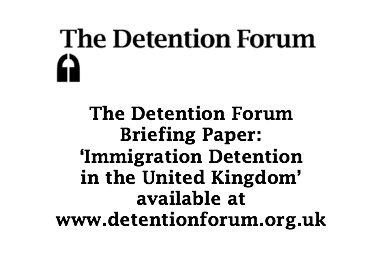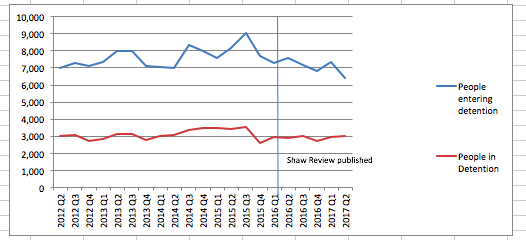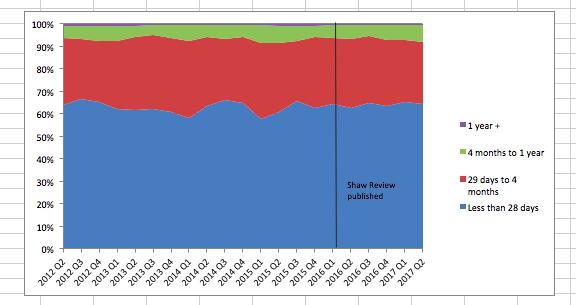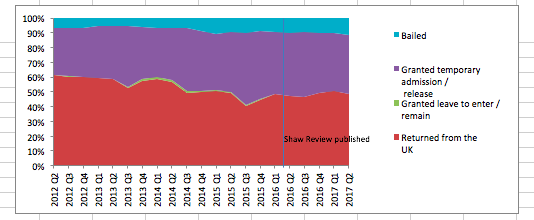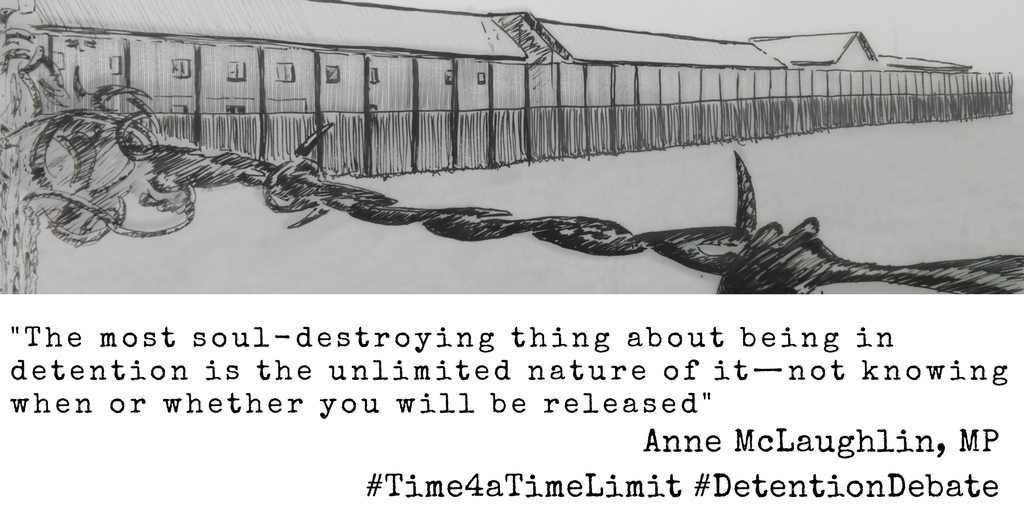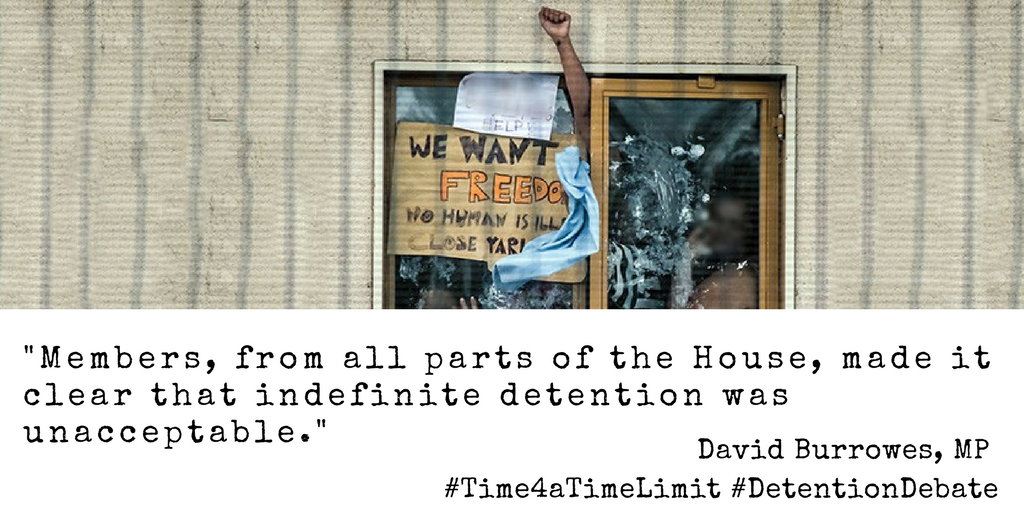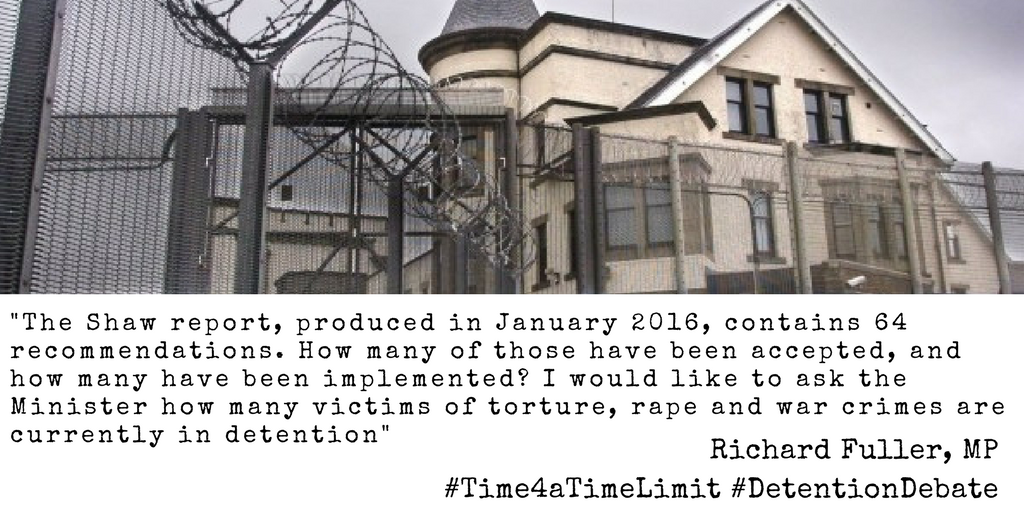Social media volunteers needed! Deadline 2 October 2017
11 September 2017
We are looking for one to two (or maybe three) enthusiastic and curious volunteers who have a deep interest in and commitment to migrants rights movement and challenging immigration detention and can help us increase our social media presence.
This social media role includes tasks such as:
- making sure our Twitter account (@DetentionForum) is always actively disseminating accurate and relevant information about immigration detention
- writing small pieces of detention-related news that we can share with others
- collating immigration detention related news
- attending detention-related events and file reports about such events
You need to have;
- Solid experience of working or volunteering in a NGO or in a team
- General understanding of immigration detention in the UK (you don’t need to be an expert!)
- Experience of Internet-based research to find information
- Solid experience of using Twitter (you need to have actively used Twitter at least for three months)
- Demonstrable ability to communicate clearly in English
- Ability to work on your own initiative and complete tasks on time
- Access to a computer and Internet connection
- Any design / art / creative skills are a big plus – let us know what skills you have. We are always struggling to have enough visual material to share over social media: are you the one who can help us with this challenge?
Above all, you need to have desire to communicate well with a wide range of audience, in order to challenge immigration detention.
You don’t need to be in London but you need to be able to communicate with us over emails and Skype as and when necessary. We are especially keen to hear from people who can report how their local communities are affected by immigration detention.
Please do not apply if you do not meet these criteria.
The Detention Forum currently has one part-time Project Director who works one to two days a week and five part-time volunteers. Our team is proudly diverse and multinational, made up of people coming from different countries, cultures and background. We do not have an office so we all work form home. On a day to day basis, we work largely independently and communicate each other via Skype and emails as and when necessary. This is the reason why you need to be a self-starter and reliable if you want to join our team!
Due to our limited resources and time, the only tools of communication we have with the outside world are emails, our website and Twitter (soon Facebook as well) – therefore for us, social media work and how we communicate using these platforms is very important.
We would like the volunteers to be available at least one day a week for at least five months. From our experience, it takes a while before new joiners understand our key messages, how we communicate about immigration detention and why. We occasionally arrange social events/meetings in London.
The Detention Forum also runs an exciting social media project, Unlocking Detention, every year, in which our social media volunteers play a key role. This year’s “tour” will start from October and end in December. You can find more about last year’s #unlocked at www.unlocked.org.uk
If you are interested in volunteering for us, please send the following to detentionforum@gmail.com by 2 October 2017:
- your CV
- a short covering letter addressing the above points, confirming that you are available for the training and interview, if recruited/shortlisted
- details of your Twitter account
- a short written piece, up to 300 words, on immigration detention (you can write about any topic and theme relating to immigration detention)
We will contact those who are shortlisted.
Volunteering at the Detention Forum can be a lot of work. However, you will get to learn more about immigration detention and you also have a chance to learn how groups like the Detention Forum, its members and other groups around the UK are challenging the government to reduce and end immigration detention.
We look forward to hearing from you.
The Detention Forum team

